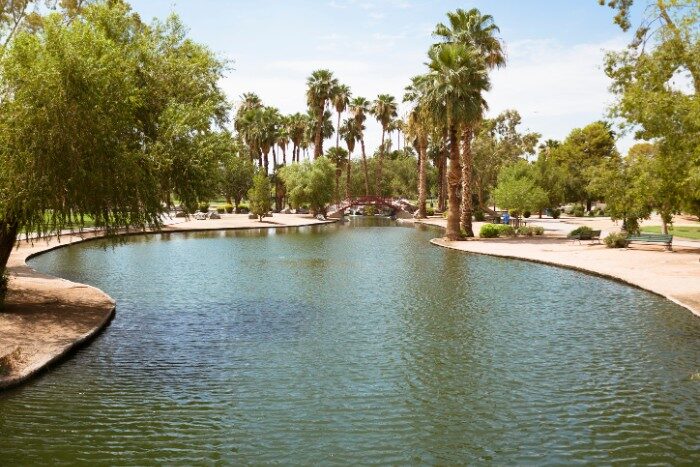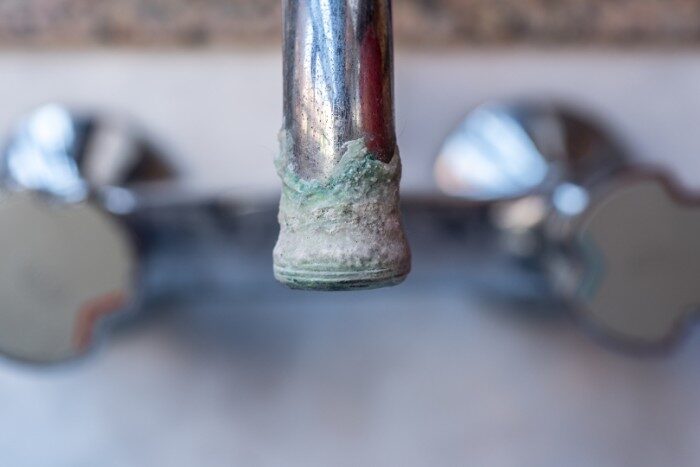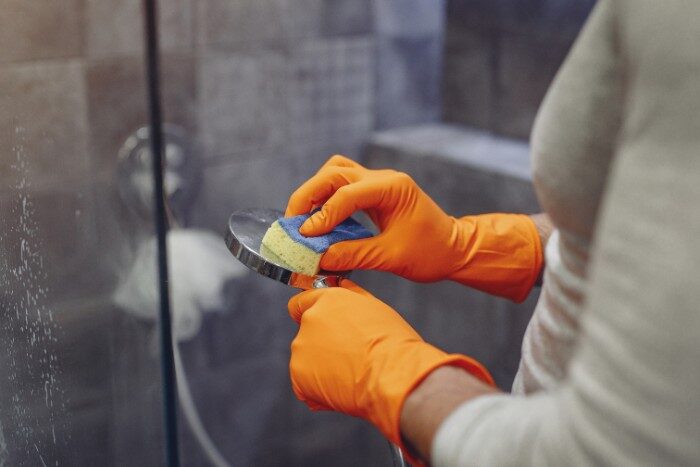
Are you tired of dealing with hard water but hesitant about using a traditional water softener that requires salt? Many homeowners are looking for an alternative to conventional softeners, leading to the rise of saltless water softener systems. But do these systems actually work? Can they provide the same benefits as a traditional water softener? In this article, we’ll dive deep into salt-free water softeners, how they function, their advantages and limitations, and whether they are the right choice for your home.
How Do Salt-Free Water Softeners Work?
Before choosing a saltless system, it’s important to understand how it differs from a traditional water softener. Conventional softeners use an ion exchange process, where sodium or potassium replaces hard water minerals like calcium and magnesium, preventing them from forming scale buildup.
A salt-free water softener system, however, doesn’t actually remove these minerals. Instead, it conditions the water using a variety of technologies, including:
- Template-Assisted Crystallization (TAC) – This is the most common method. TAC alters calcium and magnesium ions, turning them into microscopic crystals that stay suspended in water rather than forming hard scales on pipes and appliances.
- Electromagnetic or Magnetic Water Treatment – These systems use magnetic fields to change the structure of minerals, preventing them from sticking to surfaces.
- Chelation Technology – Some saltless water softeners use chelating agents to bind calcium and magnesium, keeping them in a dissolved state.
Unlike traditional softeners, a saltless system does not remove hard water minerals, meaning it doesn’t technically “soften” the water. Instead, it reduces the negative effects of hard water, preventing scale buildup without altering water chemistry.
Advantages of a Saltless Water Softener System

While a salt-free water softener system may not work the same way as a traditional softener, it does offer several benefits:
1. No Need for Salt or Chemicals
One of the biggest advantages of a saltless system is that it eliminates the need for salt or potassium. This makes it a great option for homeowners who want to avoid the hassle of refilling salt regularly or those on low-sodium diets.
2. Environmentally Friendly
Since salt-free water softeners don’t require brine discharge, they are more eco-friendly than traditional systems. Many areas with water restrictions ban conventional softeners due to concerns about salt discharge harming the environment.
3. Low Maintenance
With no salt refills, no electrical components, and no need for wastewater drainage, saltless water softeners require significantly less maintenance compared to traditional systems.
4. Prevents Scale Buildup
Although it doesn’t remove hard minerals, a saltless system can prevent limescale from accumulating on pipes, water heaters, and other appliances, extending their lifespan and improving efficiency.
5. No Wastewater
Traditional softeners go through a regeneration cycle, which flushes salt and wastewater into the drain. A salt-free system does not produce wastewater, making it a more sustainable option.
Limitations of a Salt-Free Water Softener System

While saltless water softeners have advantages, they also come with limitations that may make them less effective for certain households.
1. Doesn’t Remove Hard Minerals
Unlike traditional softeners, a salt-free system does not remove calcium and magnesium from the water. Instead, it alters their form to prevent scale buildup. This means water will still test as “hard” even after passing through the system.
2. No Soft Water Feel
A major downside for some users is that a salt-free water softener system does not provide the same “slippery” feel that traditional softeners do. Soft water improves soap lathering and leaves hair and skin feeling smoother, but with a saltless system, you won’t experience these benefits.
3. Limited Effectiveness in Very Hard Water Areas
If your home has extremely hard water, a saltless system may not be strong enough to prevent all scale buildup. Homes with water hardness levels above 25 grains per gallon may require a traditional softener or a combination system.
4. Doesn’t Protect Against Soap Scum
Because a saltless system doesn’t remove hard minerals, it won’t eliminate issues like soap scum on glass showers, sinks, or bathtubs. If reducing soap residue is important to you, a traditional water softener may be a better choice.
Salt-Free vs. Traditional Water Softeners: A Comparison

If you’re debating between a salt-free system and a traditional water softener, here’s a quick comparison:
| Feature | Salt-Free Water Softener | Traditional Water Softener |
|---|---|---|
| Removes Hard Water Minerals | No | Yes |
| Prevents Scale Buildup | Yes | Yes |
| Requires Salt or Chemicals | No | Yes |
| Soft Water Feel | No | Yes |
| Reduces Soap Scum | No | Yes |
| Wastewater Produced | No | Yes |
| Best for Sensitive Skin | No | Yes |
| Maintenance Required | Low | Moderate |
| Ideal for Very Hard Water | No | Yes |
A salt-free water softener system is best for homeowners who are primarily concerned with scale prevention rather than full softening. If you want the benefits of soft water—including improved soap lathering, better skin and hair feel, and total removal of hard minerals—a traditional softener is the better option.
Who Should Consider a Saltless Water Softener?

A saltless system may be the right choice if:
✅ You live in an area with moderately hard water (under 25 grains per gallon).
✅ You’re looking for a low-maintenance, eco-friendly alternative.
✅ You want to prevent scale buildup without adding sodium to your water.
✅ Your city or state has restrictions on salt-based softeners.
However, if you have very hard water, want the benefits of traditional soft water, or need to reduce soap scum and lather issues, a conventional water softener will likely be the better option.
Do Salt-Free Water Softeners Really Work?
Yes—but it depends on what you expect from them. If you’re looking for a system that removes hard water minerals, then no, a saltless system won’t work the way a traditional softener does. However, if your main concern is preventing scale buildup while keeping maintenance and environmental impact low, a salt-free water softener system can be an excellent solution.
For the best results, some homeowners choose to combine a salt-free system with other water filtration methods, such as reverse osmosis, for improved water quality.
Choosing the Right Water Softener for Your Home

Deciding between a saltless water softener and a traditional system depends on your water quality and personal preferences. If you’re unsure which system is best for your home, the experts at Clear Water Concepts can help.
💧 Get a FREE water consultation today! Contact us at Clear Water Concepts to find the perfect water treatment solution for your home. Enjoy better water with a system tailored to your needs!


